June 24, 2025 | 17:53 GMT +7
June 24, 2025 | 17:53 GMT +7
Hotline: 0913.378.918
June 24, 2025 | 17:53 GMT +7
Hotline: 0913.378.918
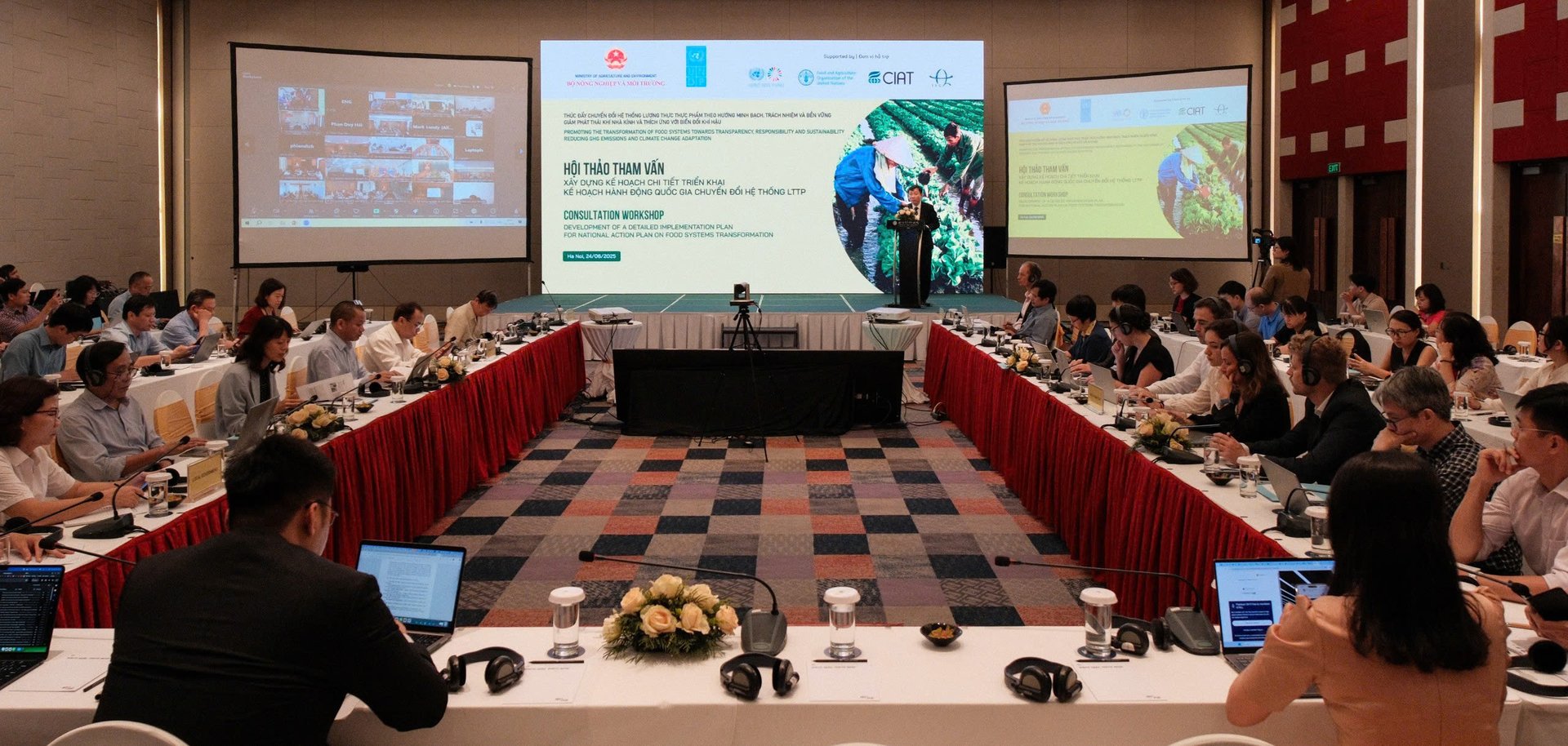
On 24 June 2025, a consultation workshop on the Draft Project Implementation Plan (PIP) for the National Action Plan on Food Systems Transformation in Vietnam towards Transparency, Responsibility, and Sustainability by 2030 was held in Hanoi. Photo: Quynh Chi.
On 24 June 2025 in Hanoi, the Ministry of Agriculture and Environment (MAE), in collaboration with the United Nations Development Programme (UNDP) and other stakeholders organized a consultation workshop on the Draft Project Implementation Plan (PIP) for the National Action Plan on Food Systems Transformation in Vietnam towards Transparency, Responsibility, and Sustainability by 2030.
This consultation workshop is a crucial step in translating the objectives and tasks of the National Action Plan into actionable measures. It takes place in the context of the MAE’s ongoing development of Viet Nam’s Nationally Determined Contribution (NDC 3.0), which incorporates agricultural sector emissions and aims to advance progress towards the country’s Sustainable Development Goals (SDGs).
“Food security and nutrition, natural disasters and climate change, environmental protection and biodiversity conservation... have become more urgent issues than ever. Now is the time for us to act to safeguard our existence and that of future generations. Sustainable production and responsible consumption and the transformation of sustainable food systems are key areas where we can and must take immediate action to contribute to the achievement of all 17 SDGs”, stated Dr Nguyen Do Anh Tuan, Director General of the International Cooperation Department.
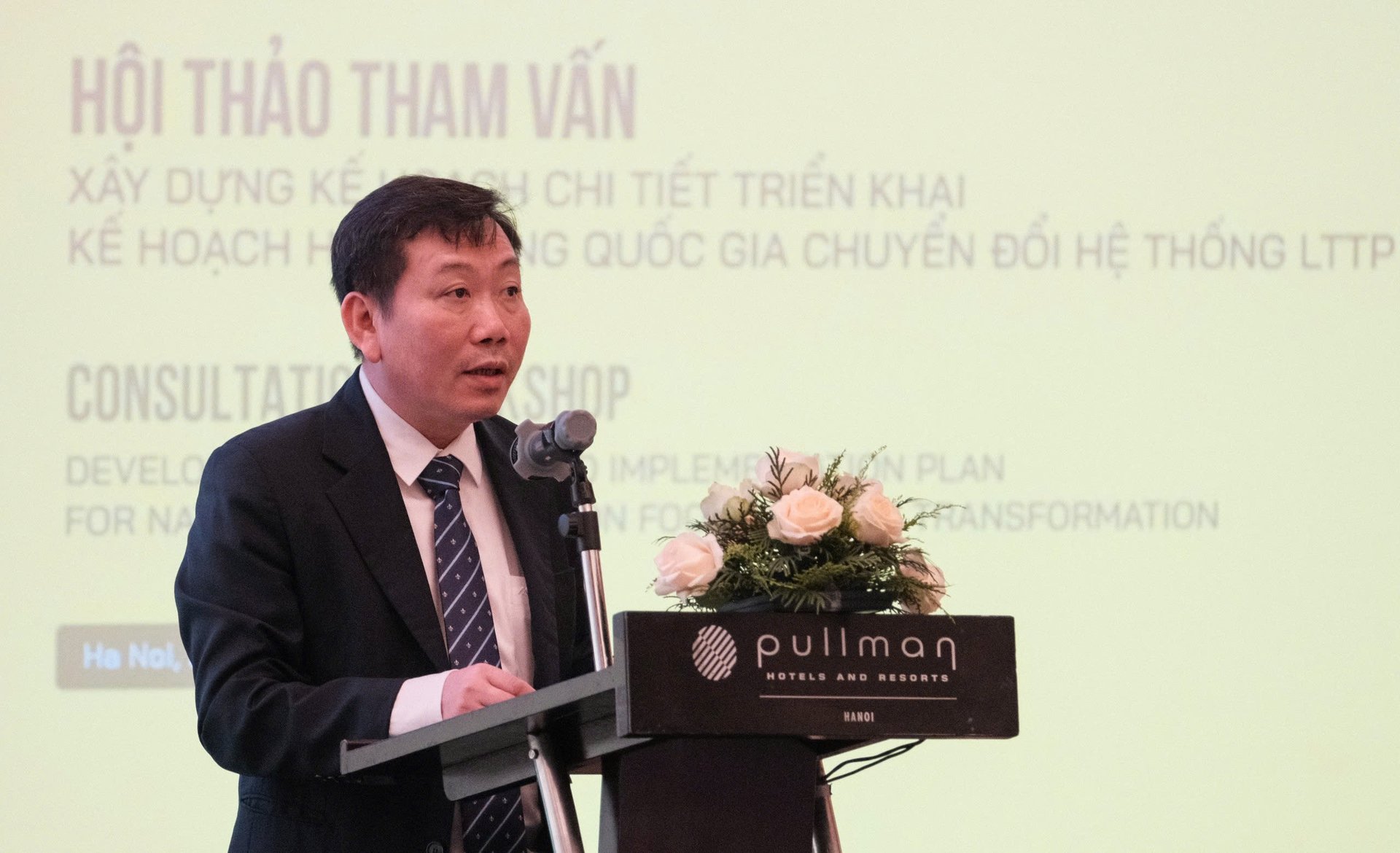
Dr Nguyen Do Anh Tuan, Director General of the International Cooperation Department (MAE) delivers his opening remarks. Photo: Quynh Chi.
Mr. Patrick Haverman, Deputy Resident Representative of UNDP Viet Nam and co-chair of the meeting, also emphasized: “Today's workshop serves as an important platform for dialogue, experience sharing, and discussion on how to integrate detailed action plans into Vietnam's national strategy. It is also an opportunity for delegates from provinces to contribute initiatives and promote mechanisms for private investment in line with Resolution 68-NQ/TW, thereby ensuring that solutions are not only technically sound but also practically feasible."
The UNDP, together with other United Nations organizations, remains committed to continuing its support for Vietnam through technical assistance, policy and institutional development, and coordination efforts to ensure national food security and build a transparent, efficient, and sustainable food supply chain.
Currently, countries around the world are actively promoting multilateral commitments and initiatives to ensure food security and transform food systems towards sustainability. Vietnam is also intensifying various activities aimed at green development and environmental protection, while clearly demonstrating its responsibility at international platforms, such as the Net Zero commitment at COP26, the pledge to reduce greenhouse gas emissions at COP28, and many practical initiatives.
In addition, the Government of Vietnam has issued the National Action Plan under Decision No. 300/QĐ-TTg dated March 28, 2023 by the Prime Minister on food systems transformation towards transparency and accountability. This serves as a foundation for numerous green initiatives and comprehensive solutions tailored to the specific climatic, economic, and social conditions of different regions.
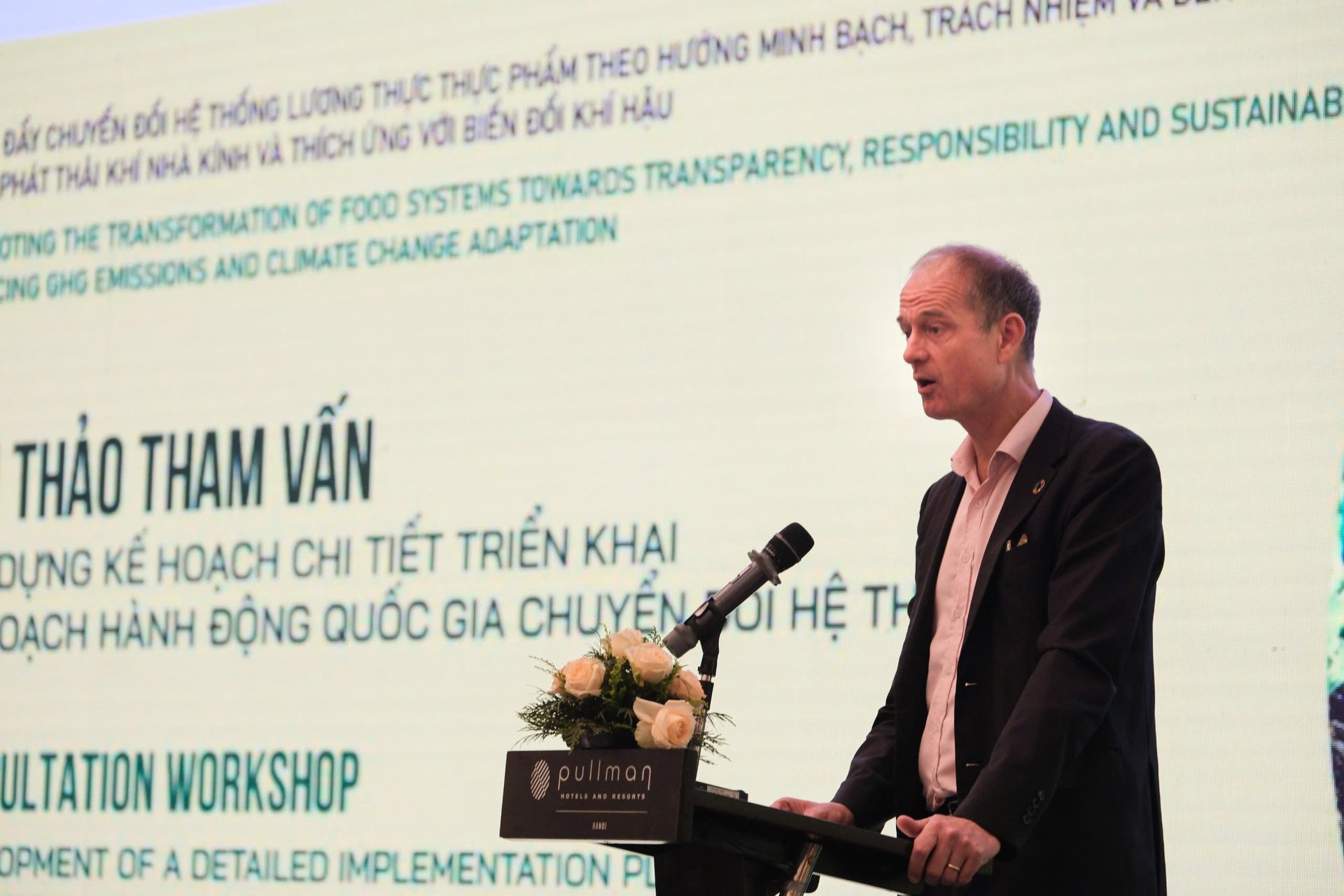
According to Mr. Patrick Haverman, Deputy Resident Representative of UNDP in Vietnam, UNDP is committed to continuing its support for Vietnam in ensuring national food security and building a transparent, efficient, and sustainable food systems supply chain. Photo: Quynh Chi.
At the workshop, Dr. Dang Kim Son, Head of the Expert Group, presented a detailed plan for implementing the tasks outlined in Decision No. 300/QĐ-TTg. According to Dr. Son, Vietnam has made significant progress in ecological agriculture, climate change adaptation, and refining policies and institutions for the transformation process.
However, he noted that current activities remain fragmented and lack national-level projects and programs to mobilize international and private resources. Especially in the context of ongoing restructuring at the local level, there is a need for more technical activities to facilitate stakeholder connections.
"It is time to build a program that links the State, international partners, and the private sector. In the absence of sufficient financial resources, the active participation of these stakeholders will build the trust needed to drive the sustainable transformation of food systems," Dr. Dang Kim Son emphasized.
Supported by the UN Joint SDGs Fund, the workshop brought together over 100 participants, both in person and online. Attendees included representatives from ministries, central and local agencies, embassies, international and national organizations, NGOs, research institutions, universities, the private sector, associations, and independent experts.
The event also marked the close cooperation between the Ministry of Agriculture and Environment and 47 domestic and foreign partners within the framework of the Food System Transformation Partnership Agreement (FST Partnership)– contributing towards Sustainable Development Goals, ensuring food security and nutrition, reducing greenhouse gas emissions and effectively adapting to climate change in Vietnam.
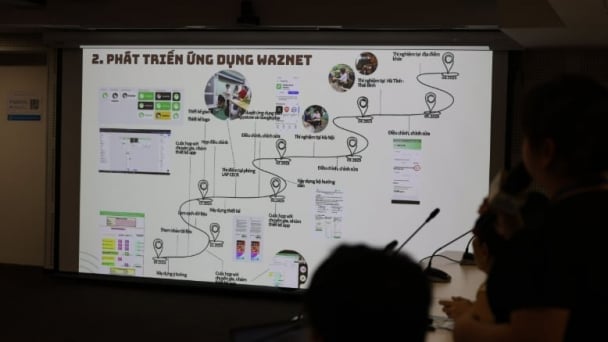
(VAN) Waznet helps digitize waste collection data, recognizing the environmental contributions of informal collectors in reducing greenhouse gas emissions.
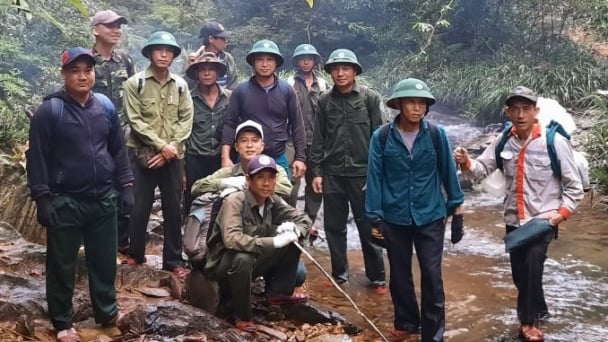
(VAN) All parties have acknowledged the barriers in mobilizing finance for conservation, proposing detailed initiatives. One of the most effective methods is to employ natural-based solutions.

(VAN) Vietnam is the country with the highest diversity of primate species in Southeast Asia, but most of them are seriously threatened, creating an urgent need for conservation efforts.
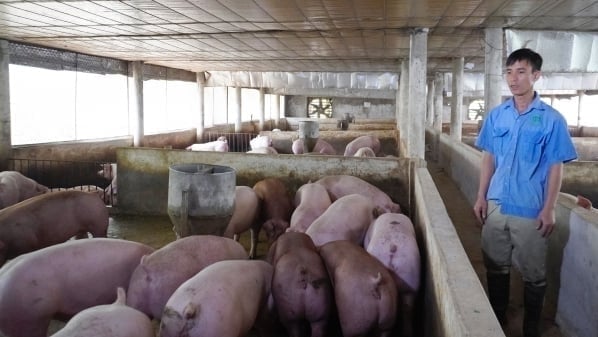
(VAN) Livestock farmers are still hesitant to use the new ASF vaccine products, mostly waiting for responses from large businesses before making a decision.
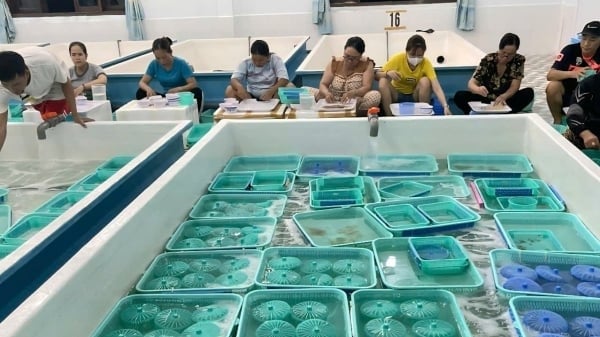
(VAN) Khanh Hoa and Phu Yen continue to strengthen inspection and control of lobster seed circulation in the area, and strictly handle violations.
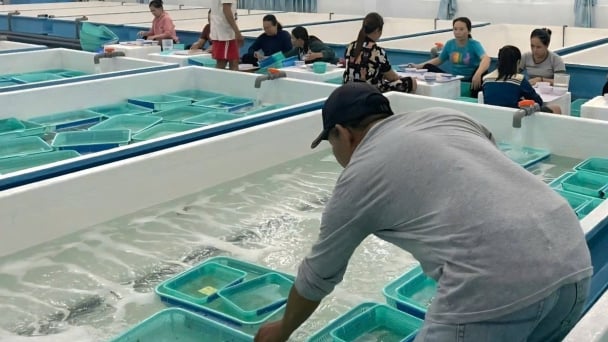
(VAN) Phu Yen and Khanh Hoa recently discovered many batches of lobster seeds of unknown origin. The authorities quickly moved and handled it as per regulations.